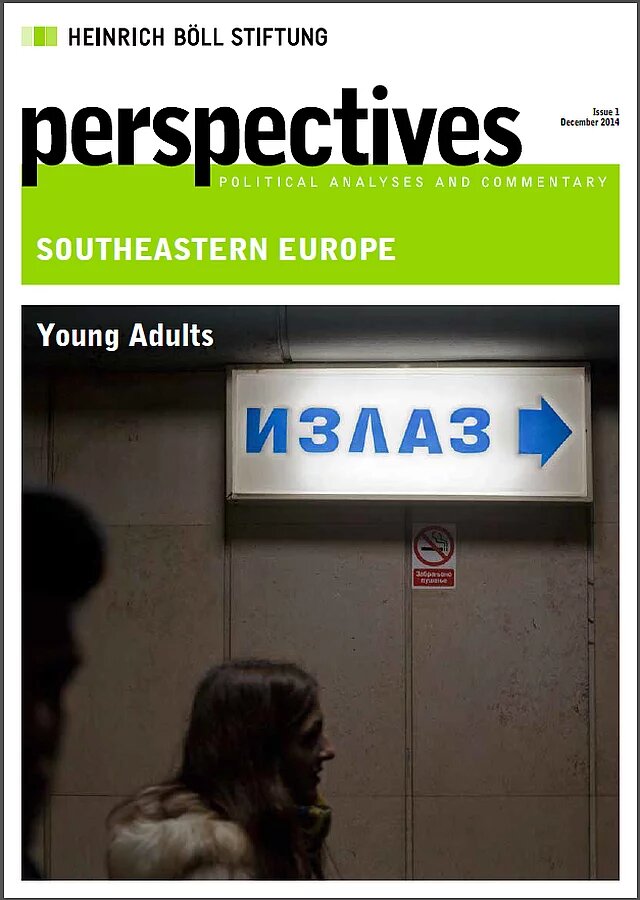
The standard “socialist” trajectory: completing education – employment – marriage – leaving parents’ household – childbirth: this was a feature of the socialist period in all Balkan countries, too. This trajectory is under constant change. Key life events such as marriage or parenthood are being increasingly postponed. Longer periods of education and internships keep the young people from the labor market, rendering them dependent either on their families or state support. However, the standard life course of young people in the Balkans remains different from life transitions in Western Europe where the biography of young people is much more individualized and less traditional and thus less predictable. One of the main consequences of detraditionalization processes is the fact that structural factors such as class, gender and ethnicity cease to be determinants for individuals in pursuit of “living life of one’s own” – the imperative of modernity. Consequently, life becomes a project; a choice biography replaces the standard one. Life of young people in the Balkans is more traditional. However, due to extraordinary high youth unemployment rates they are stuck in a prolonged adolescence, as well.
Living with their parents, very often up to the age of 35, many of these young people seem to feel comfortable with this tradition. However, a lot of young adults do not. They perceive it as the tradition of patriarchy which they struggle to overcome and get rid of. As opposed to their parents who, willingly or not, had been involved in political structures and networks, many seem to have withdrawn from formal patterns of politics. But the question remains whether this is political capitulation, confusion or resistance in the sense that the young are inventing different, more personal and informal means of pursuing their political interests, e.g. ecological activism, or projects reclaiming the right to the city in an environment of brutal and predatory privatization of public spaces. Or, as a means of taking care of each other, they form smaller communities of LGBT people.
The process of the Balkan countries’ EU accession will alter the life course of this region’s young adults. All those who want change, who want to overcome the tradition of patriarchy and discrimination of LGBT people and who are striving for a more democratic culture with a sense of citizenship and a responsible civil society, who want to get ahead in line with their individual merits rather than their parents’ connections or their party membership, who wish for better choice in a stronger labor market – they can expect support for these endeavors from the transformative power of the EU negotiation and accession process.